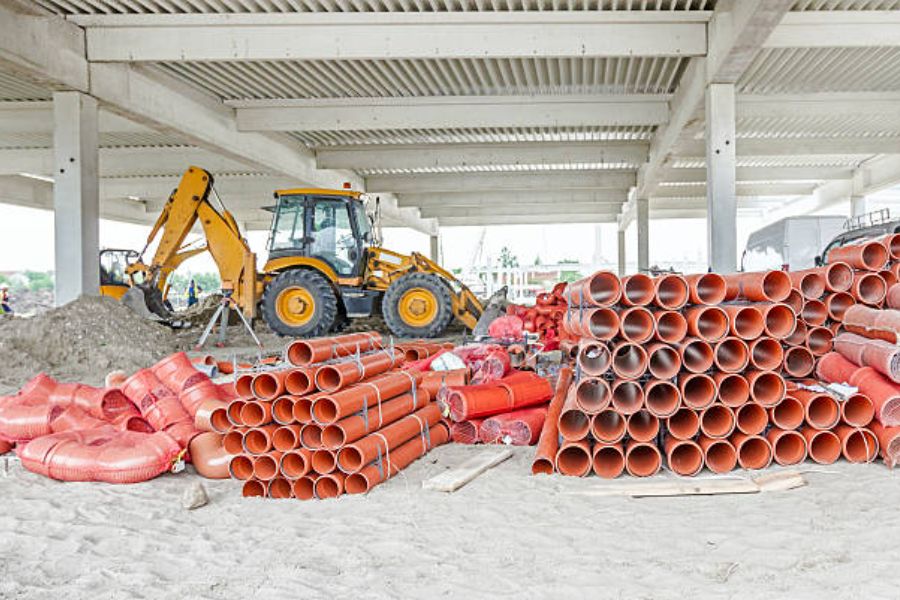Introduction
UPVC and CPVC are two commonly used types of thermoplastic piping materials. They both have their own unique properties and benefits, but it can be difficult to know which one to choose for your specific needs. In this article, we will explore and compare the two types to help you determine which one is better for your project.
What is UPVC?
UPVC stands for unplasticized polyvinyl chloride. It is a rigid and strong material that is resistant to weathering, chemicals, and impact. Because of these qualities, it is often used for pipes and window frames.
What is CPVC?
CPVC stands for chlorinated polyvinyl chloride. It has similar properties to UPVC, but it is also able to withstand higher temperatures and pressures. This makes it ideal for use in hot water systems, industrial applications, and fire sprinkler systems.
Strength and Durability
When it comes to strength and durability, both materials are excellent choices. UPVC is more rigid and impact-resistant, making it a better choice for outdoor use or applications where it may be exposed to rough conditions. CPVC is more flexible and can withstand higher temperatures and pressures, making it ideal for use in industrial settings.
Cost
UPVC is generally less expensive than CPVC. This is due to the fact that UPVC is a simpler material to manufacture, and it is also less resistant to high temperatures and pressures. If cost is a primary concern, UPVC may be the better choice.
Installation
Both materials are easy to install and work with. However, CPVC requires a special adhesive that is not compatible with UPVC. This means that if you are using both materials in the same project, you will need to make sure that you are using the correct adhesive for each type of material.
Chemical Resistance
Both UPVC and CPVC are resistant to most chemicals, making them great choices for use in industrial settings where chemical exposure is a concern. However, CPVC is more resistant to certain types of chemicals, such as acids and alkalis. If your application requires resistance to specific chemicals, CPVC may be the better choice.
Environmental Impact
Both materials are recyclable, but CPVC is considered less environmentally friendly due to the fact that it requires the use of chlorine during its manufacturing process. If you are looking for a more eco-friendly option, UPVC may be the better choice.
Noise Reduction
UPVC is known for its excellent soundproofing qualities, making it a great choice for use in buildings and homes. CPVC does not have the same soundproofing capabilities, so if noise reduction is a concern, UPVC may be the better choice.
Maintenance
Both materials require minimal maintenance, but UPVC is more resistant to weathering and fading. This means that it will require less maintenance over time compared to CPVC. If you are looking for a low-maintenance option, UPVC may be the better choice.
Conclusion
When it comes to choosing between UPVC and CPVC, there is no clear winner. Both materials have their own unique properties and benefits, and the best choice will ultimately depend on your specific needs and requirements. Whether you are looking for a low-cost option, a material that can withstand high temperatures and pressures, or one that is more eco-friendly, both UPVC and CPVC have something to offer.

